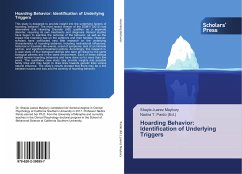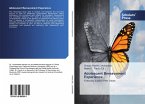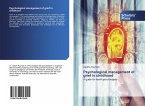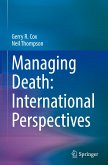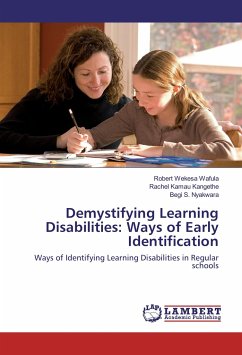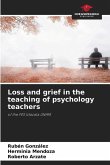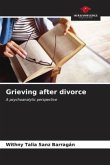This study is designed to provide insight into the underlying factors of hoarding behavior. The most recent version of the DSM-V (2013) has determined that Hoarding Disorder (HD) qualifies as a separate disorder, requiring its own treatments and diagnosis. Recent studies have begun to examine the outcome of the behavior, as well as the impact that hoarding has on the sufferers and their families. However, scholars have conducted very little research on the underlying characteristics of hoarding behavior, including motivational influences, historical or traumatic life events, onset of symptoms, lack of an intimate partner, and significant treatment options. Accordingly, this research is a case study of four biological siblings who were all raised by the same biological parents and in the same environment. Each of these siblings exhibit severe hoarding behaviors and have done so for more than five years. This qualitative case study may provide insights into possible family links and may begin to draw lines towards genetic links versus natural influence. The study's results showed that there may be a link between trauma and loss and the severity of hoarding behavior.

